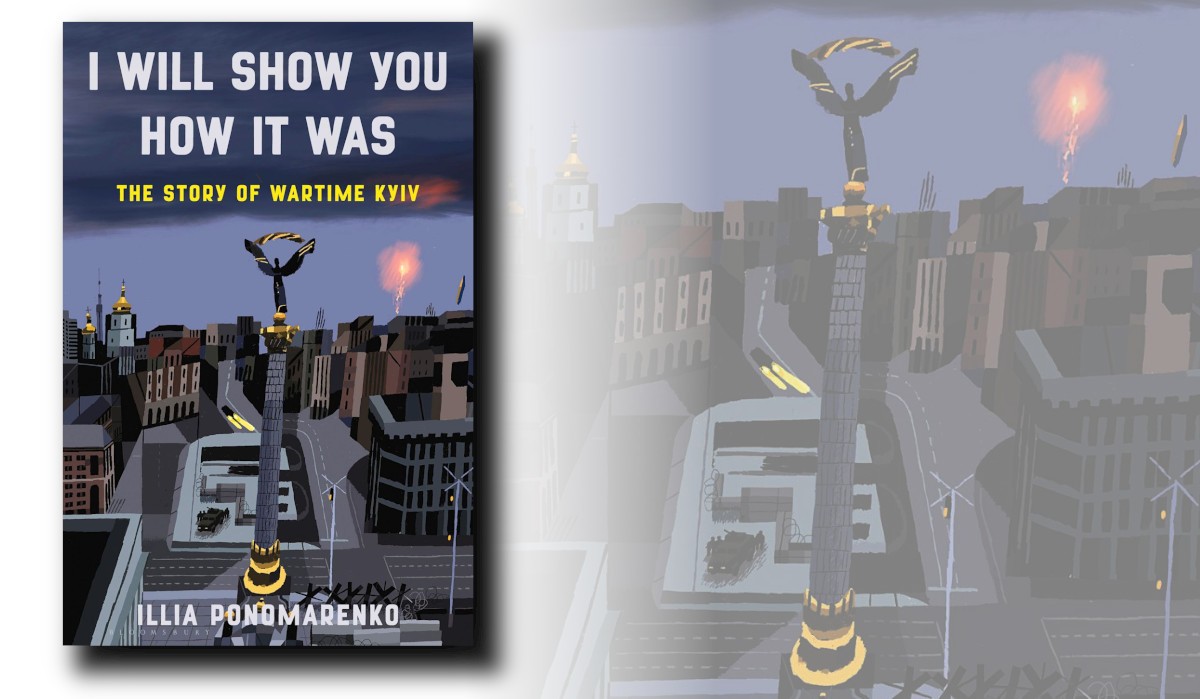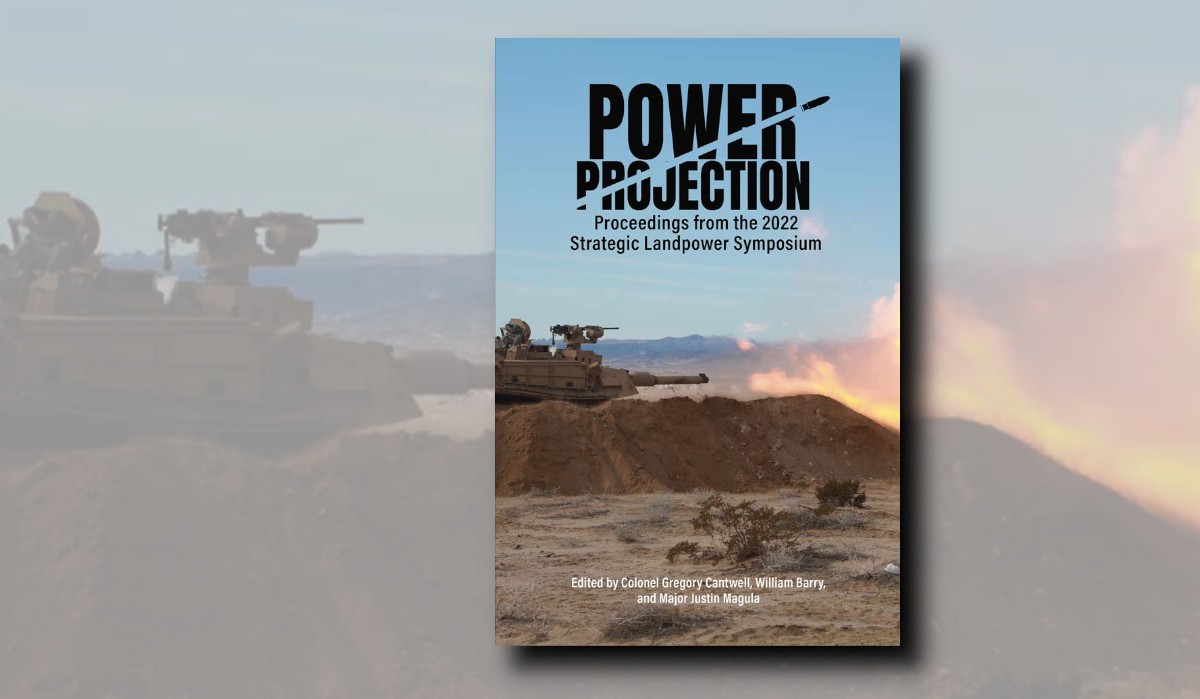Army’s Role in Train, Advise and Assist Missions
前事不忘,后事之师
“Do not forget the past, for it serves as a teacher for the future”
Chinese proverb
The actions of Australian commandos in Japanese-occupied East Timor during World War 2 are well established in the Australian Army legacy. Less widely known, however, is the fact that Australia, not Japan, was first to invade East Timor in December 1941. The deployment of a joint Australian and Dutch force into Portuguese Timor, 10 days after the Japanese attack on Pearl Harbor, pre-empted a possible, but as yet unrealised, Japanese invasion of the island.[1] As a colony of neutral Portugal, this action by Australia and the Netherlands drew condemnation from Portuguese leader António de Oliveira Salazar[2].
The majority of the East Timorese people, however, did not share Salazar’s antipathy. Indeed, many East Timorese directly supported the Allied troops who commenced a guerrilla campaign against Japanese forces when they arrived en masse in February 1942. Timorese alignment with Australian and Dutch forces is significant given that the foreign troop presence itself had potentially made Timor a target for Japanese aggression. The reasons for this support are complex. Sources commonly cite some degree of cultural affiliation – the East Timorese being predominantly Catholic due to the influence of their Portuguese colonial masters – as well as the Australians’ efforts to learn the language, respect local customs, provide medical aid and conduct military training with local militias.[3]
Timorese support allowed Australians of the 2/2nd and 2/4th Independent Companies, as well as Z Special Unit, to conduct a year-long guerrilla campaign, significantly impeding Japanese Imperial forces’ efforts to use the island as a staging point for an invasion of Australia. Local support in Papua New Guinea during the same period contributed to Australian successes there, helping to turn the tide of the war in the Pacific.
The point is: cultural understanding, respect, training and assistance to the inhabitants of the islands in Australia’s near approaches contributed to victory against an advancing enemy in the Indo-Pacific Region during World War 2. It is therefore worthwhile considering the relevance of these historical events to contemporary and potential future operational challenges.
此外,如同过去一样,除了关注常规的物质力量外,我们还应特别关注无形的‘战略资源’的运用,如地理因素、历史作用、文化传统、民族认同感、主导和利用国际组织的影响等等。
“Besides, as in the past, paying attention to conventional, material forces, we should also pay particular attention to the employment of intangible ‘strategic resources’ such as geographical factors, the role of history, cultural traditions, sense of ethnic identity, dominating and exploiting the influence of international organizations, etc.”
Liang Qiao & Xiangsui Wang[4]
Recent years have seen a marked increase, across the Australian Defence Force (ADF), in the number of international engagement-focused training activities, exchanges and operations in the region. Army plays a leading role in many of these activities.
In this context, this Land Power Forum post proposes three “rethinks” that have the potential to maximise the benefits of future Army efforts. Specifically, the Army should: rethink the train, advise and assist mission type; rethink operational service and recognition; and rethink its current international engagement activities.
E atu i te māramarama, e atu i te mārama
“Seek enlightenment, not just knowledge”
Maori proverb
Rethink the Train, Advise and Assist Mission Type
A lack of insight holds Army back from fully realising the potential benefits of train, advise and assist missions. We take a narrow minded approach to these missions based on the belief that we are the only ones who should be doing the training, advising and assisting. Rather than representing ourselves as oracles who will fly in and teach our neighbours how to properly do their jobs, Army instead has the opportunity to share and collectively build knowledge together. We bring world-class training, often a higher budget and better equipment, but we cannot match the soldiers of even the smallest Pacific Islands nation in terms of local environmental knowledge, cultural understanding and connection with the community. It only makes sense to ask the experts how best to operate in their own environment and to incorporate their advice into our broader tactical framework.
Taking a collaborative, rather than condescending, approach to train, advise and assist missions in the Indo-Pacific region opens opportunities to increase their utility and scope, as regional neighbours are recast from charity recipients of assistance to joint partner. Noting that the local relationships and goodwill generated by joint training will be invaluable in the event of conflict, our goal should be to conduct as many such missions as logistically possible.
मन की जीत, मन ही की जीत। मन की हार, मन ही की हार।
“The victory of the mind is the true victory. The defeat of the mind is the true defeat”
Hindi proverb
Rethink Operational Service and Recognition
There appears to be an aversion to awarding medals for military action in operations deemed to be less than outright war. The prevailing belief is that the liberal distribution of military honours and awards devalues those awarded for combat operations. This is untrue. All service is valuable, both to the nation and to the professional development of the participating soldier. As such, non-combat support should be highly regarded and equally recognised.
If we accept on the evidence above that international engagement activities are valuable to the defence of the nation, and if we want soldiers to treat them with the seriousness they deserve, then participation in them should be recognised in a visible way. That “bit of coloured ribbon”[5] contributes to soldiers’ sense of self-worth, their confidence in their own experience, and their belief that their efforts and sacrifices are appreciated by the nation they serve.
To test the limits of imagination, why is an international engagement exercise not worthy of recognition? We have regularly – and rightly – awarded medals to soldiers who “just did their jobs” while forward deployed to locations such as Al Minhad Air Base in support of operations. Given the potential future payoff, is there a tangible difference between such operational service and an international engagement activity?
Kalau tak dipecahkan ruyung, manakan dapat sagunya
“Without breaking the mortar, how can we get the pestle?”
Malaysian proverb
Rethink Current International Engagement Activities
The Rifle Company Butterworth (RCB) rotation in Malaysia is a current, and longstanding, international engagement activity that is overdue for a rethink. As it currently stands, RCB provides many opportunities to improve soldiers’ cultural awareness, and has for years been focused on international engagement with regional partners. However, the rotation is constrained by a rigid training program that primarily makes use of Malaysia’s jungle environment and live-fire ranges, not its people. In many cases, an RCB rotation will conduct just one international exercise with a regional partner (and not necessarily Malaysia) during the entire three-month deployment. The rest of the time is allocated to jungle and live-fire training activities conducted in isolation. It is possible, even common, for a soldier to undertake an entire RCB rotation without ever working alongside a Malaysian counterpart.
If RCB is to pay more than lip service to its international engagement label, it should incorporate more international engagement. This does not mean abandoning the jungle and live-fire training that has become a hallmark of the rotation, but simply conducting these activities alongside regional partners as both trainer and trainee. The soldiers who grew up in Malaysia understand the local environment in a way our Australian jungle trainers never will.
By expanding the many activities we currently call exercises and reimagining them as train, advise and assist operations of a collaborative nature, we have the opportunity to spread a tapestry of influence and goodwill throughout our region.
聪明的问题,解决了问题的一半
“To ask the right question is already half the solution”
Chinese proverb
Conclusion
We go to war alongside allies, but we fight for friends. By rethinking its approach to regional engagement, Army has the opportunity to build a network of strong, personal and lasting friendships throughout the Indo-Pacific. These soldier-level connections will outshine and outlast official government treaties and unofficial political manipulations the next time we, as a region, face an overwhelming enemy threat. To achieve such renewal requires a reappraisal of Army’s relationship with its own people and with those it operates alongside. For example, does money alone influence the motivations of soldiers, or are experience and recognition equally, if not more, valuable? Do we believe our regional neighbours have no worthwhile knowledge to pass on? And would we fight alongside a partner who displayed such an attitude towards us? Our answers to these questions could have serious consequences for the future defence of Australia, as the men of 2/2nd Independent Company would attest:
“A country and its people … befriended us, in the full meaning of that word, when we most needed friends”
Ron Kirkwood, secretary of the 2/2nd Independent Company Association,
on the unveiling of the 2/2nd memorial ‘rest house’ in East Timor, 1969 [6]
This article is a submission to the Winter Series 2023 Short Writing Competition, 'Army’s Role in Train, Advise and Assist Missions'.
[1] Cleary, P., 2010, The Men Who Came Out of the Ground, Hachette Australia, Sydney, pp. 30-32
[2] Department of Defence, 2002, A Short History of East Timor, published on Defence.gov.au but no longer available, accessed via web archive at: https://web.archive.org/web/20060103133824/http://www.defence.gov.au/army/asnce/history.htm
[3] Cleary, P., 2010, The Men Who Came Out of the Ground, Hachette Australia, Sydney
White, K., 2002, Criado: A Story of East Timor, Indra Pub, Melbourne
[4] Qiao, L. & Wang, X., 1999, Unrestricted Warfare, PLA Literature and Arts Publishing House, Beijing.
English translation cited, published in 2004 by Filament Books, USA, p. 214.
[5] This quotation references the statement “a soldier will fight long and hard for a bit of coloured ribbon” often attributed to Napoleon Bonaparte, although there is no record of him ever having written or said it.
[6] Cleary, P., 2010, The Men Who Came Out of the Ground, Hachette Australia, Sydney, p. 331



